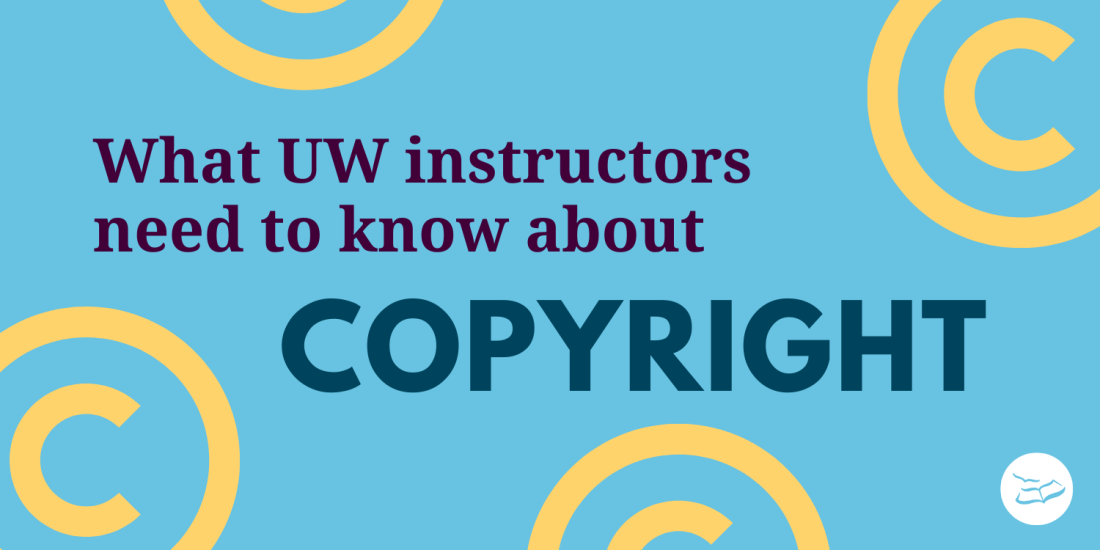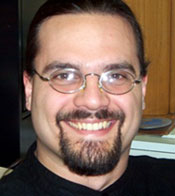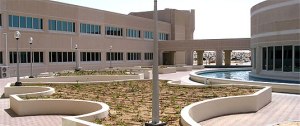Here are the non-confidential highlights of the November 12 Board of Directors meeting, and the president’s report.
Items of interest from the meeting
- Anti-racism advisor. We’ve hired Kathy Hogarth as an anti-racism advisor to the FAUW Board. Kathy will be attending FAUW Board meetings for the remainder of this year as part of this role. There’s more about Kathy in Dan’s president’s report below.
- The status of Policy 76 – Faculty Appointments. As we discussed at the Spring General Meeting, the P76 drafting process has shown us that the way we’ve always drafted and negotiated policy at Waterloo is no longer working. Here’s the latest: The drafting committee submitted a document to the Faculty Relations Committee co-chairs (the FAUW president and the provost) in late summer, which the Secretariat was unable to adapt into a usable policy without more work and guidance from FRC. Policy 76 was initially opened for revision largely to address lecturer titles and spousal appointments. FAUW’s Board and Lecturers Committee are currently working on identifying FAUW’s priorities for P76, specifically on the topic of teaching stream faculty. What happens next, we’re unfortunately still not sure, but we will keep you posted. We know this is frustrating and we appreciate your extreme patience with this.
- 1492 Land Back Lane. The OCUFA Board of Directors unanimously voted to support Haudenosaunee land defenders at 1492 Land Back Lane by donating $5,000 to their legal defense fund. The Librarians and Archivists Association at UW has sent a letter in support of the organizers to federal and provincial ministers (and local representatives). The FAUW Board voted to issue a similar statement of support along with our Equity Committee and to donate $1,492 to the legal defense fund. We also discussed other potential avenues of support for the Six Nations of the Grand River and other Indigenous communities that we might pursue in the future (or to pressure the university to implement), such as scholarships or paying taxes to the Indigenous nations whose land we work on. For example, FAUW reps are hoping the University will financially support local Indigenous students (e.g. from Six Nations of the Grand River).
- Copyright. There will soon be a new notice appearing once a term on LEARN to remind you about some of the legalities related to uploading content. If you have questions about copyright related to your course material or your own work, email copyright@uwaterloo.ca — that email goes to a team of copyright specialists across campus.
- Declaring a climate emergency. The Climate Justice Working Group has prepared a draft climate emergency declaration for FAUW. This will go to the Fall General Meeting for discussion. If you’re a voting member, you’ll receive the draft in your agenda package by December 1.
Keep reading for Dan’s president’s report, including a Policy 14 (Pregnancy and Parental Leave) update and more about Kathy Hogarth.
Continue reading “November 12 update from the FAUW Board”

